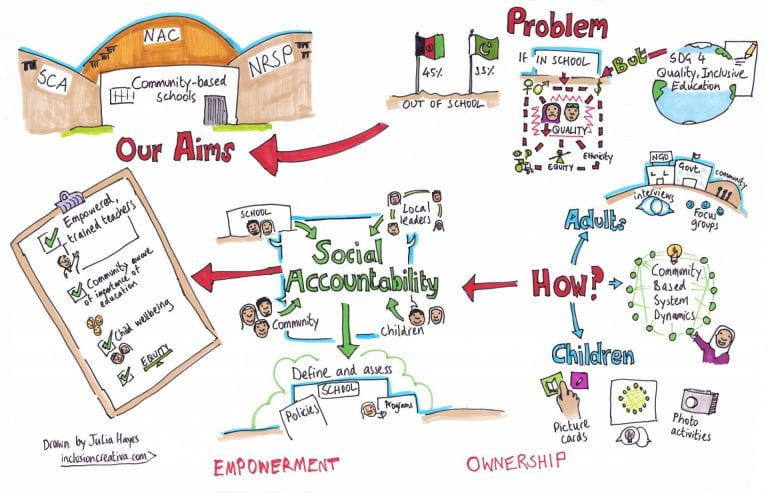
Children Resilience in Afghanistan Study (CRAS)
The physical and mental well-being of Afghan children are under grave threat in a country where mental health service provision has been extremely limited even in the best of times. Now, with the new Taliban regime in place and the collapse of national health services and severe reduction in development and humanitarian support for Afghanistan, the need for mental health support is acute as the country teeters on the edge of economic collapse. The Child Resilience in Afghanistan Study will work with 1,200 students from low-income, rural backgrounds, 40% of whom are girls and 30% from minority ethnic groups.

Cognitive Impairment and Dementia in Afghanistan, Pakistan and South Africa (CIDAPSA)
Dementia is a global health challenge that impacts high-income countries (HIC), but has profound repercussions for low- and middle-income countries (LMICs). The World Health Organization (WHO) estimates that adults affected (estimates: 5-7% for ≥ 60 years old) with all-cause dementia will more than triple to reach 152 million by 2050 with at least 60% of them living in LMICs. This increase is driven by the overall growth of the population and demographic aging.

Education Equity and Quality in Afghanistan and Pakistan (EEQAP)
We conducted 1200 Community Based System Dynamics workshops with students, parents, teachers and school committee members respectively to help improve learning and teaching processes in primary schools of Afghanistan and Pakistan. Workshops asked about what was influencing learning? Participants draw maps of all the causal relationships between factors that were influencing learning. They then decide together, through consensus, interventions to change the system.